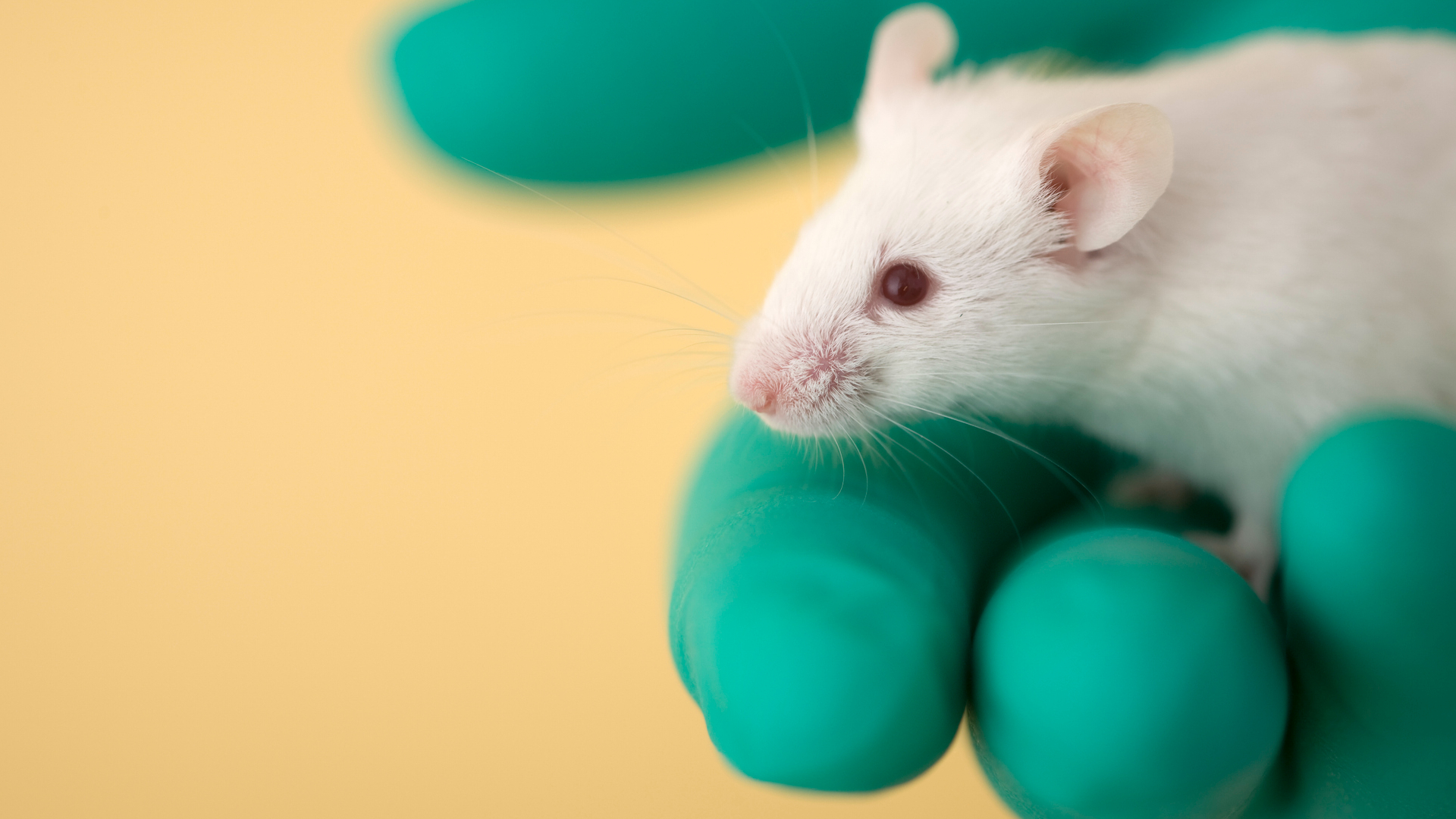Power Leads to Illusions of Closeness

Get the world’s most fascinating discoveries delivered straight to your inbox.
You are now subscribed
Your newsletter sign-up was successful
Want to add more newsletters?

Delivered Daily
Daily Newsletter
Sign up for the latest discoveries, groundbreaking research and fascinating breakthroughs that impact you and the wider world direct to your inbox.

Once a week
Life's Little Mysteries
Feed your curiosity with an exclusive mystery every week, solved with science and delivered direct to your inbox before it's seen anywhere else.

Once a week
How It Works
Sign up to our free science & technology newsletter for your weekly fix of fascinating articles, quick quizzes, amazing images, and more

Delivered daily
Space.com Newsletter
Breaking space news, the latest updates on rocket launches, skywatching events and more!

Once a month
Watch This Space
Sign up to our monthly entertainment newsletter to keep up with all our coverage of the latest sci-fi and space movies, tv shows, games and books.

Once a week
Night Sky This Week
Discover this week's must-see night sky events, moon phases, and stunning astrophotos. Sign up for our skywatching newsletter and explore the universe with us!
Join the club
Get full access to premium articles, exclusive features and a growing list of member rewards.
It may be lonely at the top, but it sure doesn't feel that way.
A new study suggests that powerful people feel closer to others — even though the sentiment is not necessarily returned.
The perceived closeness, in turn, explains some of powerful people's confidence, the study also found. People who felt powerful feared the judgment of others less than the powerless, because they felt more similar to the person judging them.
Isolation or association?
The study, presented last week at the annual meeting of the Society for Personality and Social Psychology in Austin, Texas, started as an undergraduate research project for Emily Rutter, now a graduate student in psychology at Harvard University.
Rutter was interested in how power influences interpersonal relationships. There are two main theories of power. One, the behavioral approach theory, holds that powerful people are aggressive risk-takers who tend to assume others share their goals. Another, the social distance theory, suggests that high-power individuals should actually feel more distant from other people, viewing them abstractly, as captured in the aphorism, "It's lonely at the top." [The 10 Most Powerful Modern Women]
If the behavioral approach theory holds, "we would expect that high power would lead to or be linked to increased feelings of similarity for others," Rutter told Live Science, while the social distance theory would suggest the opposite.
Get the world’s most fascinating discoveries delivered straight to your inbox.
Illusions of closeness
Rutter and her colleagues recruited participants from online sites designed to draw volunteers for psychology studies. They first measured the participants' trait power, meaning how powerful they feel on a day-to-day basis by asking questions about their feelings of control in life and influence over others. There are ways to make people feel more or less powerful experimentally, Rutter said, but trait power tends to return similar results.
In the first study, volunteers were asked how close they felt to various people in their lives, such as neighbors, parents, bosses, friends and friends of a friend. In the second study, the participants were assigned to actually interact online with another person, either cooperating, competing or pretending to evaluate them for a job based on a cover letter. In some cases, the participants wrote cover letters and were told they'd be evaluated, instead.
Both studies found that the more powerful people felt, the closer they felt to others. This feeling of closeness was particularly true for people in daily social networks — friends, friends of friends, co-workers, bosses and neighbors.
The powerful people also felt less stressed about getting their cover letters evaluated. This effect was explained by the fact that the powerful-feeling people also felt closer to the person judging their letter.
"If you feel similar to the person who is evaluating you, you feel less stressed," Rutter said.
Rutter plans to do further experiments that change people's sense of power, and hopes to delve into why power might cause feelings of closeness. Her findings have not yet been published in a peer-reviewed journal. However, a previous study, published in May 2013 in the journal Organizational Behavior and Human Decision Processes by researchers at the University of Navarra in Spain and the University of California, Berkeley, found that the powerful are more likely than the powerless to hold "illusions of alliance," or the mistaken belief that others back them.
"What I found coolest is people who have a high sense of power are feeling closer to others and if you think about the reverse, the lower-power people are feeling farther away," Rutter said. "People are viewing [the relationship] very differently."
Follow Stephanie Pappas on Twitter and Google+. Follow us @livescience, Facebook & Google+. Original article on Live Science.

Stephanie Pappas is a contributing writer for Live Science, covering topics ranging from geoscience to archaeology to the human brain and behavior. She was previously a senior writer for Live Science but is now a freelancer based in Denver, Colorado, and regularly contributes to Scientific American and The Monitor, the monthly magazine of the American Psychological Association. Stephanie received a bachelor's degree in psychology from the University of South Carolina and a graduate certificate in science communication from the University of California, Santa Cruz.
 Live Science Plus
Live Science Plus










